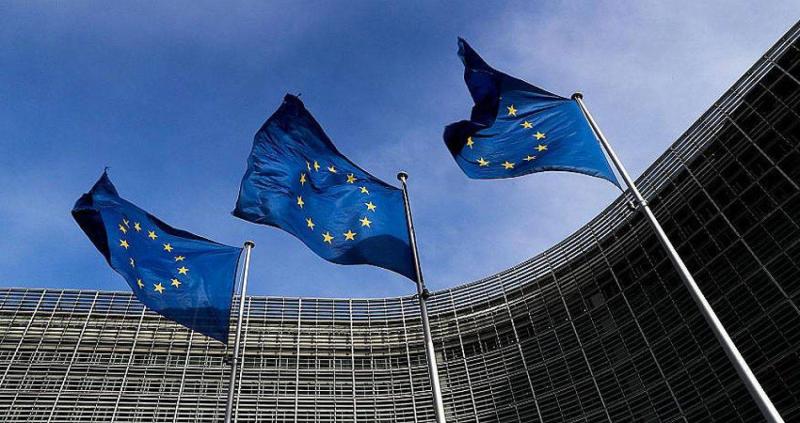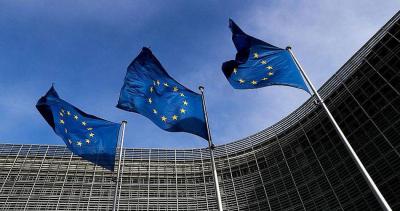EU migration ministers are meeting today, Thursday, to discuss enhancing security following attacks in France and Belgium that resulted in fatalities, as well as concerns about whether the war between Israel and Hamas will lead to mass displacement. Some within the 27-member bloc have called for stricter border controls, increased deportations of foreigners, and new agreements with African countries to prevent the flow of refugees and migrants to Europe after a rejected Tunisian asylum seeker killed two people in Brussels last Monday. A teacher was killed in northern France last week in an attack condemned by President Emmanuel Macron, who described it as "Islamic terrorism."
The incidents have occurred amidst growing security concerns related to the Israel-Hamas war across much of Europe. An EU diplomat involved in preparing for the ministerial talks stated, "The implications of the situation in the Middle East on our internal security are closely linked to the topics on the agenda now, whether regarding the evolving situation in the Middle East or what we see happening within the EU."
This will be the first opportunity for ministers to exchange views directly since Hamas executed an attack on October 7, which was met by Israel with a bombing campaign on Gaza. While no specific decisions are expected from the ministers, they will discuss topics including particular developments that may lead to significant Palestinian displacement or outbreaks of violence within the EU.
The attack in Brussels highlights ongoing failures in the EU's migration and asylum systems, which suffer from security gaps and ineffective repatriations. Only about 20% of individuals whose asylum requests were denied in Europe have been deported. Advocates of comprehensive reforms to EU immigration policies, expected to be finalized this year, argue that it will improve the situation, including mechanisms to expedite the deportation of foreigners with criminal records.
There is also a new push for agreements with African countries like Egypt and Morocco, similar to the recent deal the EU made with Tunisia, which provides aid in exchange for Tunisia curbing migration to Europe. However, critics of the EU's new immigration and asylum policies question their effectiveness and point to increasing risks to human rights while focusing on deterring irregular migration.
The EU, with a population of 450 million, has recorded the arrival of about 250,000 irregular migrants this year, largely due to human smugglers. Last year, the EU welcomed several million refugees due to the Russian war in Ukraine, but the bloc seeks to reduce illegal immigration from the Middle East and Africa.




